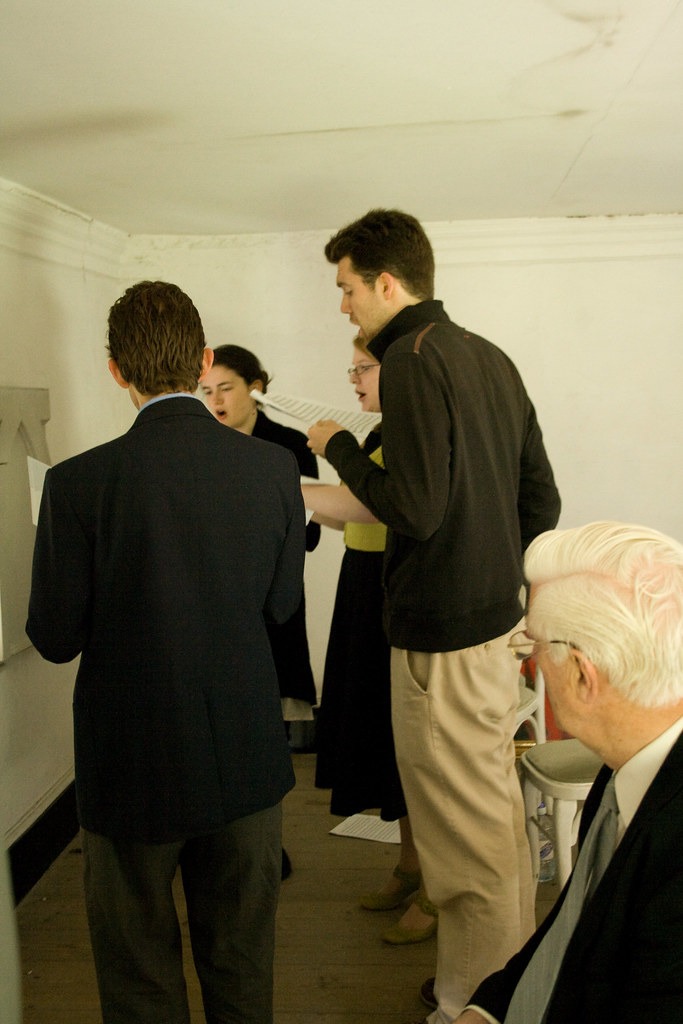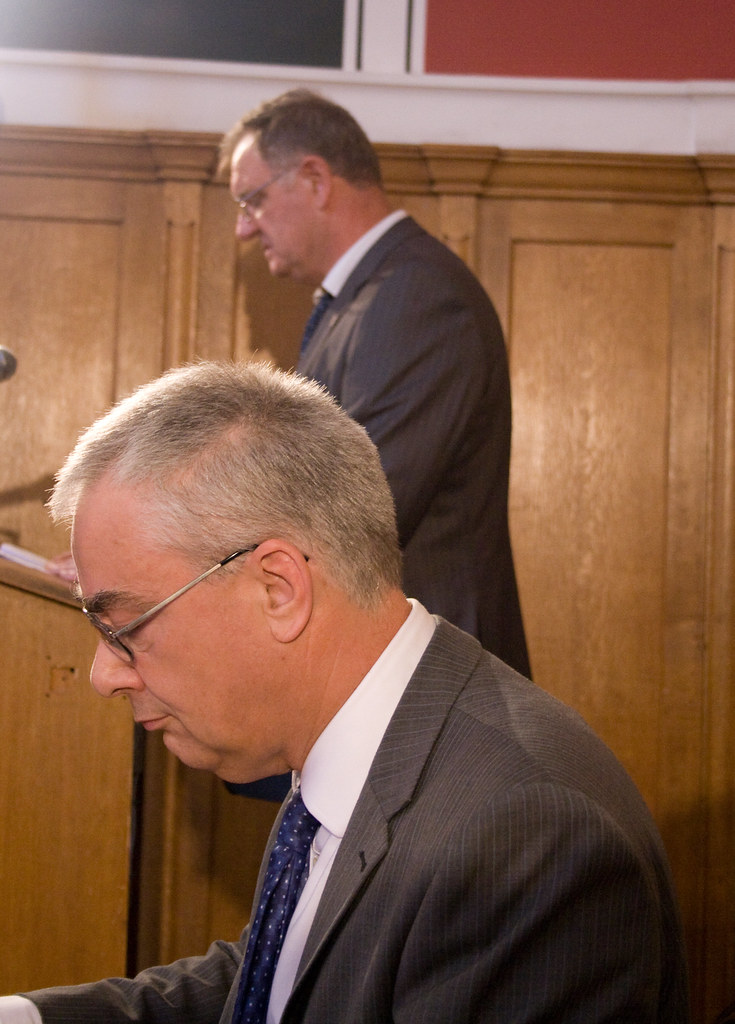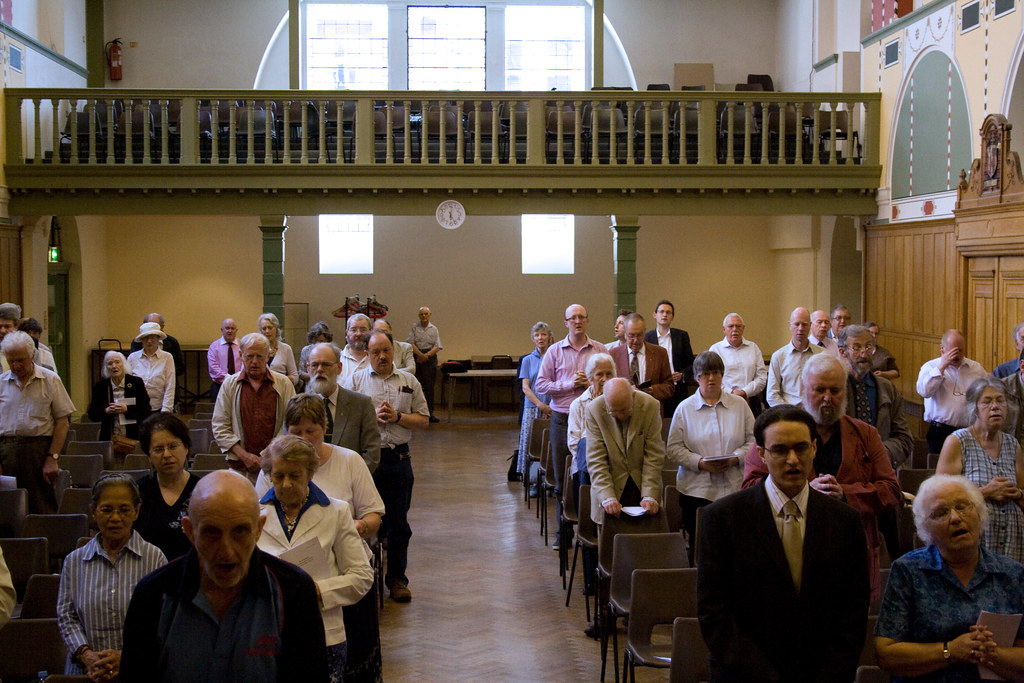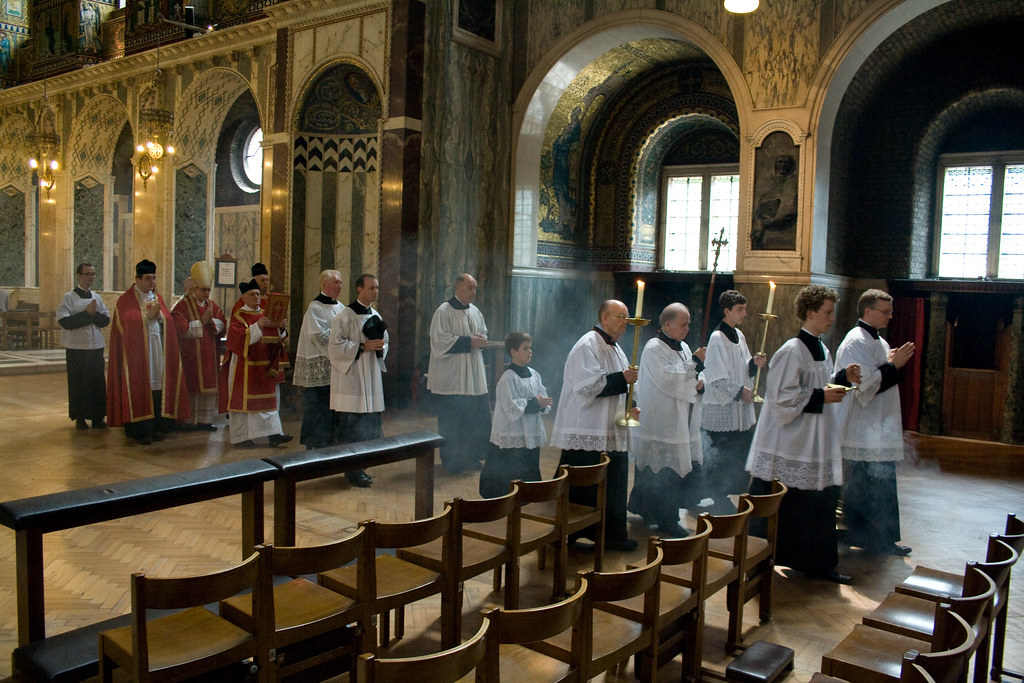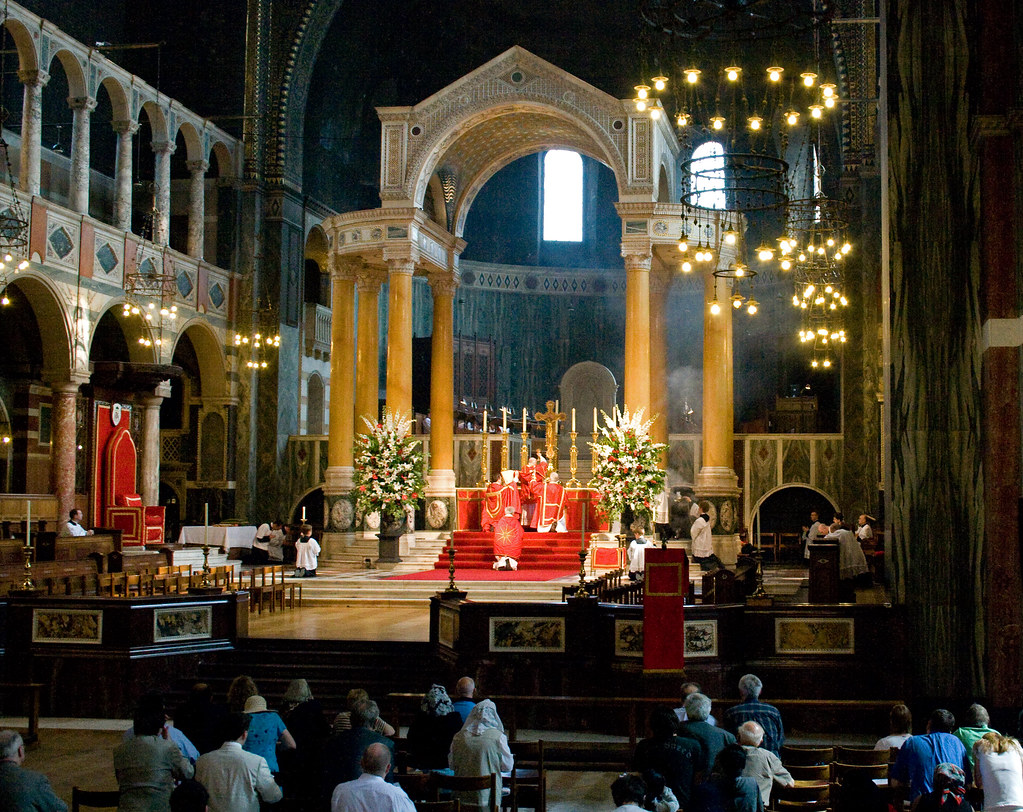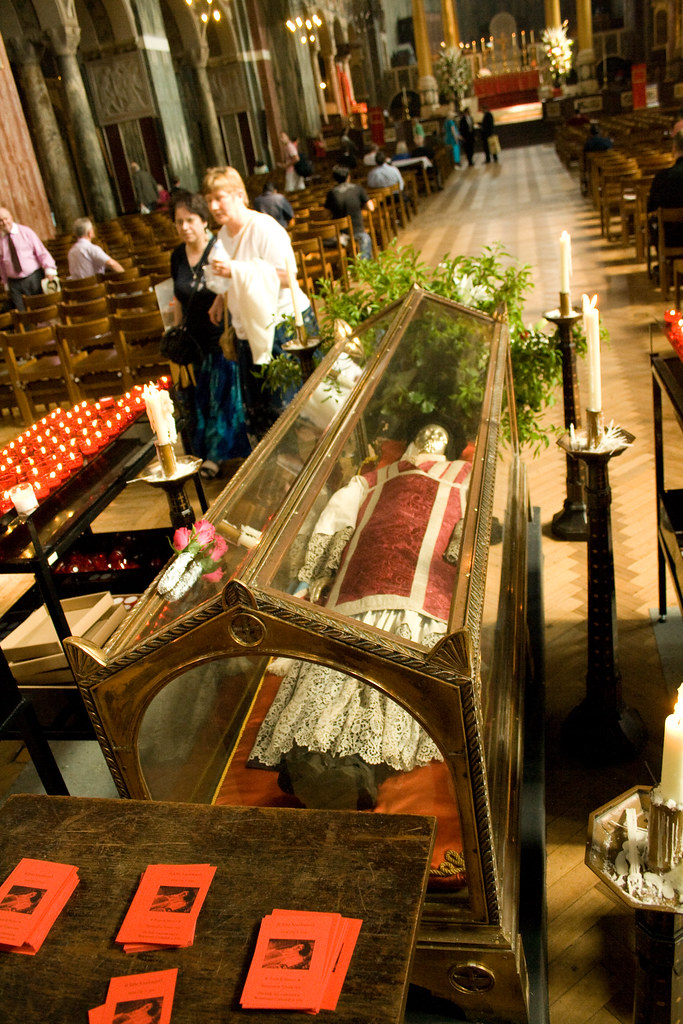The LMS office has just issued this press release.
10 June 2010
PRESS RELEASE FROM THE LATIN MASS SOCIETY
For Immediate Release
LMS Residential Training Conference for Priests Wishing to Learn the Extraordinary Form of the Roman Rite (Traditional Latin Mass) at Downside Abbey, Somerset.
The Latin Mass Society of England and Wales (LMS) is organising a residential training conference for priests wishing to learn the Extraordinary Form of the Roman Rite (Traditional Latin Mass) at Downside Abbey, one of England’s most prestigious monasteries.
The conference will run from Tuesday 10 to Friday 13 August 2010 and will feature Traditional liturgies in Downside’s beautiful chapel together with a Gregorian Chant schola and polyphonic choir.
Expert tuition in the celebration of Mass in the Usus Antiquior will be provided on a small group basis. There will be tuition in Low Mass, Missa Cantata and Missa Solemnis and there will be streams for beginners and more advanced students. Tuition will also be given in the other sacraments and in Latin.
There will be opening and closing High Masses, daily Mass, Offices and Rosary. There will also be a closing Conference dinner with guest speaker.
The subsidised fee to participants is only £115.00 which includes all accommodation, meals and training materials. There are limited places and priests are asked to register as soon as possible.
Further details and registration forms can be obtained from the LMS office (Tel: 020 7404 7284, e mail: info@latin-mass-society.org) or from the conference organiser, Mr Paul Waddington (Tel: 01757 638027, e mail: paul@gooleboathouse.co.uk).
Running alongside the training for priests, the Society of St Tarcisius (the LMS’s newly-formed sodality for Traditional altar servers) will organise a residential training course for servers and MCs. Further details can be obtained as above.
Paul Waddington said, “This is the sixth training conference the LMS has organised and we are delighted to be going to Downside Abbey. The Pontifical Commission ‘Ecclesia Dei’ has recently praised our work which makes us more determined than ever to provide training to every priest in England and Wales who seeks to learn the Usus Antiquior.”
Latin Mass Society, 11-13 Macklin Street, London WC2B 5NH
Tel: 020 7404 7284
E mail: info@latin-mass-society.org
Website: latin-mass-society.org
. . . . ENDS . . . .
For further information, please contact John Medlin, General Manager, or James Murphy, LMS Office Manager, on (T) 020 7404 7284;
(F) 020 7831 5585; (E mail) info@latin-mass-society.org
- Posted using BlogPress from my iPhone

